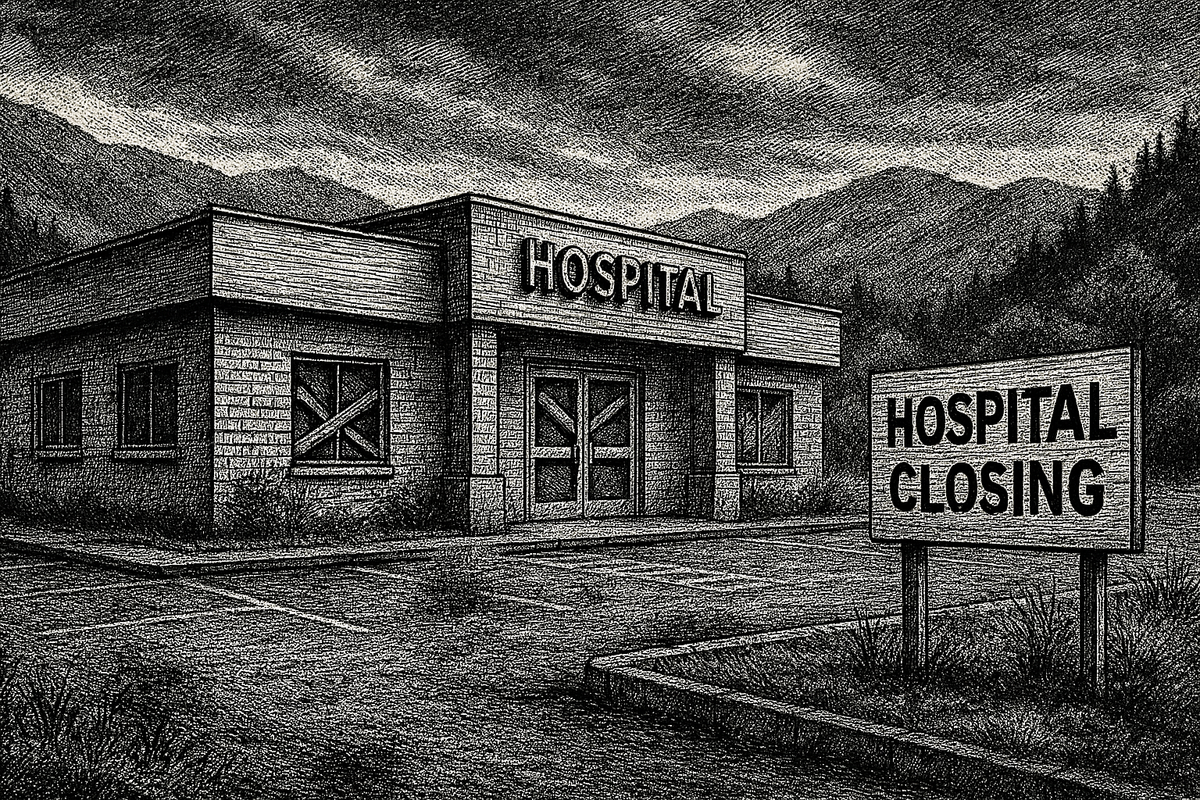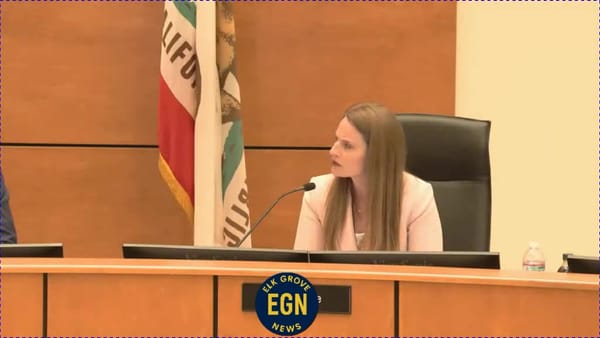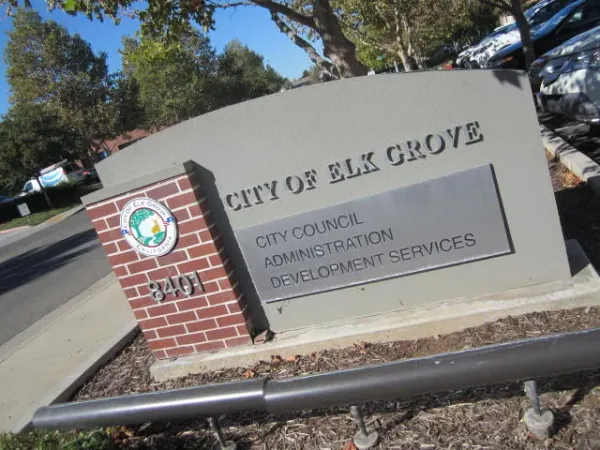Rural NorCal hospitals at risk as Medicaid Cuts hit Doug LaMalfa’s district
Six rural hospitals in Rep. Doug LaMalfa’s district (CA-01) appear on a nationwide list that includes 28 facilities in California at risk of closing

Six rural hospitals in Rep. Doug LaMalfa’s district (CA-01) appear on a nationwide list that includes 28 facilities in California at risk of closing


During the board discussion, Trustee Heidi Moore criticized the proclamation and the district’s broader approach to gender identity policies

No mention was made of the city's violation of state fair housing laws

For Elk Grove and now Huntington Beach, the message from Sacramento — and now Washington — appears clear

Meetings and events